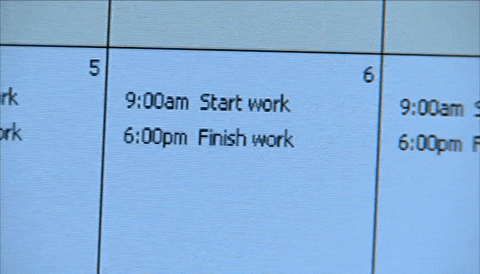Brought to you by Academic Success Centre and @UAlbertaAcademic Success Centre and @UAlberta

Hint: It’s not just about reading.
It’s that time of year: that welcome break between midterms and finals called Reading Week, also known as a nine-day weekend. It’s the perfect time to catch up on some sleep (#selfcare) and, hopefully, some studying and other tasks on that always-growing to-do list.
In order to make the most of all this free time, the Academic Success Centre and @UAlberta have shared some tips for a productive reading week.
1. Have a plan!

Each day aim to complete a catchup task, a prepare task, and a fun task.
Check out some ways to conquer those fun tasks, if you will, in our post “Reading Week in the City.”Reading Week in the City.”
2. Organize

Organize class notes, start an assignment early, follow up with a prof about grades or feedback, make a list of concepts that you don’t understand yet and review them.
3. Prioritize

Rank the tasks within each category according to their importance. You may wish to consider each task’s impact on your learning and/or grade, how much time and work are involved, and its urgency and due date.
4. Take 30 minutes to reflect on how far you’ve come

We tend to focus on GPA, achievement, and “what’s next” that we can lose sight of accomplishment and growth.
5. Stick to stable schedule

Don’t let it get out of rhythm. Take naps if you can.
6. Catch up on things you love

Make time for things you put off because you had to study. For example: art, journaling, playing music, singing, connecting with friends and family.
7. Plan ahead

Do things now that will save you time later: meal prep lunches and dinners and freeze them; create mini self-tests for each lecture; create weekly class summaries; explore the SU exam registry.
(Realistically, reading week might go more like this. We don’t blame you if it does.)like thislike this. We don’t blame you if it does.)
